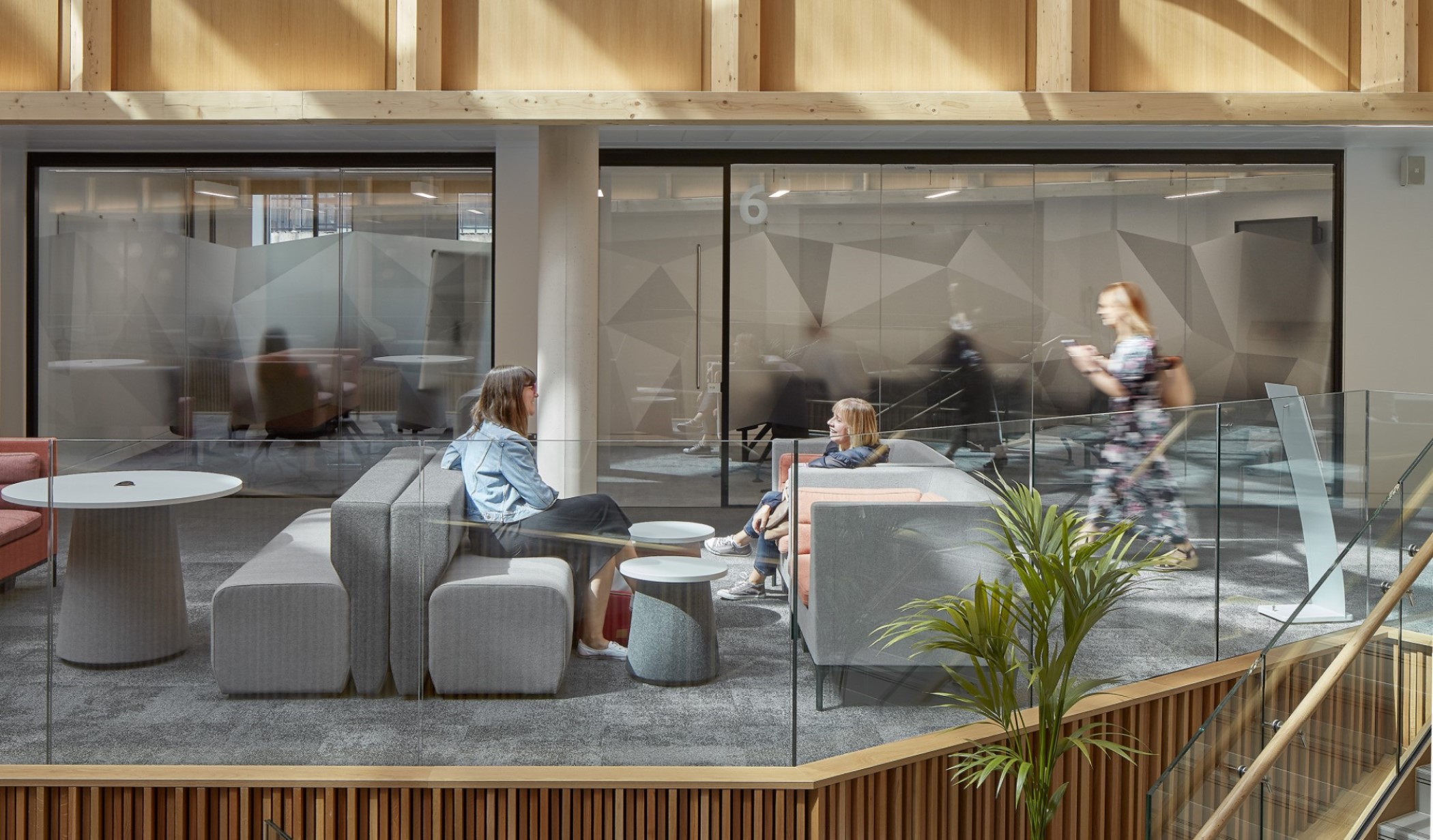
Foreword
Forewords from Anna Leach, Deputy Chief Economist at CBI Economics and Dr Martin Stow, Nexus Director at University of Leeds.
Anna Leach, Deputy Chief Economist, CBI
Interest in the future of work and the economy has shot up during the course of the pandemic. From city centre retailers, to commuter network planners, companies are seeking insight into the future world. We’ve all seen the steady stream of companies in the media announcing their hybrid working plans for the post-COVID-19 world. These have been coming through since the spring, with a huge range of approaches and decisions showcased – from a full return to the pre-COVID-19 status quo, to staff being able to choose where they deliver their work from, and many examples in between. Where workers spend their time and money has a significant bearing on spending patterns and where activity needs to locate.
COVID-19 has had a profound impact on the workplace. From closing a myriad of workplaces entirely, through two adaptations to social distancing guidelines and mask requirements, to lateral flow tests and beyond, businesses have adapted at pace. And research has followed. In October 2020, the CBI undertook research with Ipsos MORI into which post-COVID-19 business practices were likely to last.
Move forward to this spring, and CBI members were increasingly sharing their perspectives on the future working environment. Then in March 2021, the CBI published a hybrid working guide for CBI members to support their deliberations. This report focuses on a survey which CBI Economics has undertaken on behalf of Nexus, drilling into the full experience of remote working felt by companies, and how that’s shaping their future plans. It explores the themes of innovation, workspace and community, enabling the creation of the analysis which follows into how the COVID-19 pandemic has changed and will change the future of work. It provides a fascinating insight into how different types of work will be conducted and delivered in the future.
Dr Martin Stow, Nexus Director
The past 16 months have been challenging for most organisations, with COVID-19 being the biggest disrupter to the way we work in all our lifetimes. To understand exactly how seismic this shift has been, we have partnered with CBI Economics to explore this topic and provide solutions to help businesses prepare for the Revolution of Work.
Whilst it has been a difficult time all round, the pandemic has allowed some organisations to turn crisis into opportunity and this has been the mantra for many, as they have pivoted products and services to respond to fast-moving or new market needs. The pandemic has also accelerated the adoption of technology and new working practices. We’re now seeing these changes taking effect, with only 5% of businesses planning to return to the office full time.
The report finds that the majority of firms are already implementing a hybrid working practice and assessing the cultural shift required to support this. One area of concern highlighted for organisations is collaboration and innovation, and this is something that we have first-hand experience of at Nexus. The Nexus community and the workspace that supports it was conceived to create connections for businesses, our community and the people within it. Going forward, communities like Nexus, can offer an environment for businesses that stimulates and de-risks innovation and nurtures growth.
As we work to rebuild economies post–pandemic the role of universities to support research and innovation as a tool for growth will be crucial. The complexity of the emerging needs and challenges of society will demand cross-disciplinary thinking and problem solving. Tech-enabled collaborative workspaces are well placed to support businesses with this, as they transition to the permanent implementation of hybrid working by encouraging collaboration, boosting innovation and driving economic growth.
Read the executive summary and find out more about the future of work post-COVID-19.



